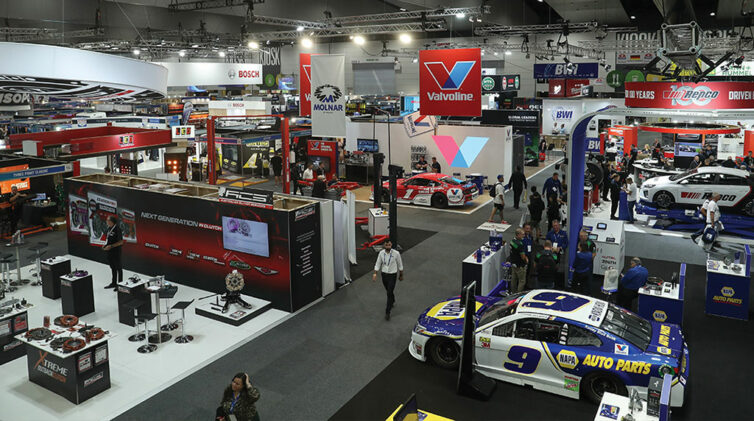Since the launch of Carsales.com.au in 1997 dealers have lost focus and lost control of used cars with the P2P (private to private) sales doubling in 20 years from 2000-2021.
Car dealers over the same period have continued to lose ground dropping 20 per cent between 2000-2010 with some moderate increases since 2011.
The C-19 pandemic and resulting new car stock shortages have seen the dealers compressed out of the market to the lowest levels recorded (by Transport for NSW), a 19 per cent drop from 2000 levels.
Car dealers have once again lost focus and control of used cars allowing P2P market surge
What is going to continue the downward pressure on dealership used car volumes?

Transport for NSW registration transfer data for passenger and off road vehicles. P2P includes businesses as to include all non-dealer transfers. Annualised 2021 based on January to June 2021 figures.
- Sustained inflated prices
High prices of used cars with constrained supply of new cars will continue to push customers out of a dealer trade-in without discounts offered on the vehicle purchase.
Low supply is also driving down listings. This increases overall leads per car and the range of selection for private buyers; thus creating urgency and further driving up prices.
Without a shock to demand or a consistent increase in supply of new cars the market looks set to maintain the post pandemic pricing and continue the trend to P2P sellers.
- Agency/direct impacts (to be discussed in greater detail in a follow up article):
The result of agency and direct sales is that dealers will generate fewer trades as they deal less and less with the customer. Each agency agreement will be different in how it handles the used vehicle trade opportunity, the outcomes of these models are somewhat binary:
- Fewer trades, as customers are presented with prices online by the OEM and accept or sell privately prior to transacting,
- More trades, as agents pay overs to compete for the customer. This may be just the focusing of otherwise spread out discount or as a form of marketing tool resulting in serious margin degradation
In the event of direct sales, dealers if involved at all, will act only as last mile providers and support with no access to the trade and at best be able to surreptitiously enquire for it with the OEMs customer. OEMs may choose to enter into the market to generate new car sales and increased margin, feeding competitors or disposing via auctions.
- Longer ownership cycles
Car owners are holding onto their vehicles for longer, with NSW owners now keeping cars for an average of 4.8 years (2021) up from 3.3 years in 2001 (Service NSW).
The link between ownership length and new car warranties is obvious to all industry participants but this trend looks to be compounded by continued stock shortages that do not look set to ease soon as the world is retooling for EV’s.
This process is a new industrial revolution with new supply chains being built out across a world still fragmented by the global pandemic.
The supply of new vehicles will stay constrained thus forcing owners to hold onto their vehicles through longer replacement cycles – beyond the 5-7-year warranties now offered by the leading manufacturers.
- Lower barriers to sell
Carsales, Gumtree and Facebook Marketplace have been buoyed by the sellers’ market we have experienced over the past two years. On some platforms, private sellers facing no cost to advertise and cashed-up buyers have been able to achieve resale values significantly above their expectations and quickly.
The sellers’ market has diverted cars that would have otherwise ended up on dealer lots as the key pain points of time, price and effort have largely disappeared.
- Shift in ownership to usership
Although still a peripheral method of accessing a car, the subscription market will grow. The pace at which it grows will largely be based on supply and ability to communicate value to customers.
The current subscription businesses are experiencing strong operating results (on low numbers) with the proof of the model set to emerge once supply resumes and their subscribers can once again buy a new or used car at pre pandemic prices.
Other models of usership will also expand including sharing and autonomous vehicles. These however are largely over the horizon.
Will residual values dictate the role of dealers in the future of used cars?
EVs are part of the solution
People sell cars privately when they feel comfortable in the knowledge that they are not getting ripped off on price and condition of the vehicle.
Online listing and comparison sites have done a great job of training people to buy cars privately. Access to information, historic and real time, has built buyers’ confidence to the point of making a purchasing decision.
EVs, with their relatively small sample size, lack of historic transactional/usage data and ever changing regulatory environment may not provide buyers (or sellers) with the same level of confidence to transact.
Dealers, living and breathing in the space should be perfectly placed to step in, recapturing the market through their domain knowledge, ease of doing business and ability to warrant the vehicle post transaction.
Four key unknowns will determine the external impact of EVs on dealer’s ability to access the market
- Pace of battery development
- Battery warranties and life cycles
- Supply shortages and fluctuations
- Government incentives and regulation
We will cover in further detail how dealers can improve their used car operations under the agency model and the opportunities EVs present by shifting the trust element back to the dealer in our next article.
Henry Pedersen is a manager at Pitcher Partners Sydney. Steve Bragg is the lead partner in motor industry services at Pitcher Partners Sydney.
By Henry Pedersen and Steve Bragg












 Read More: Related articles
Read More: Related articles

